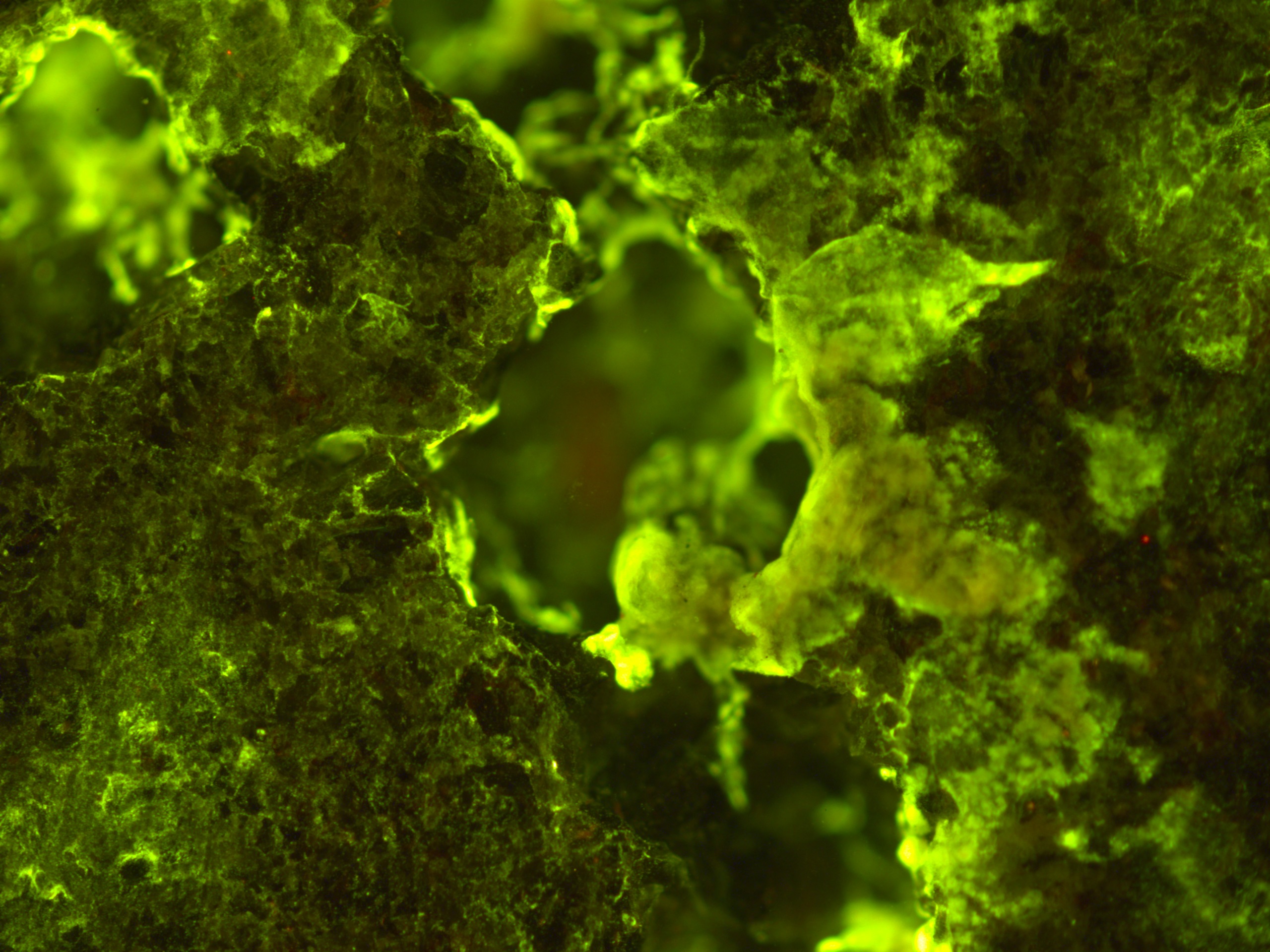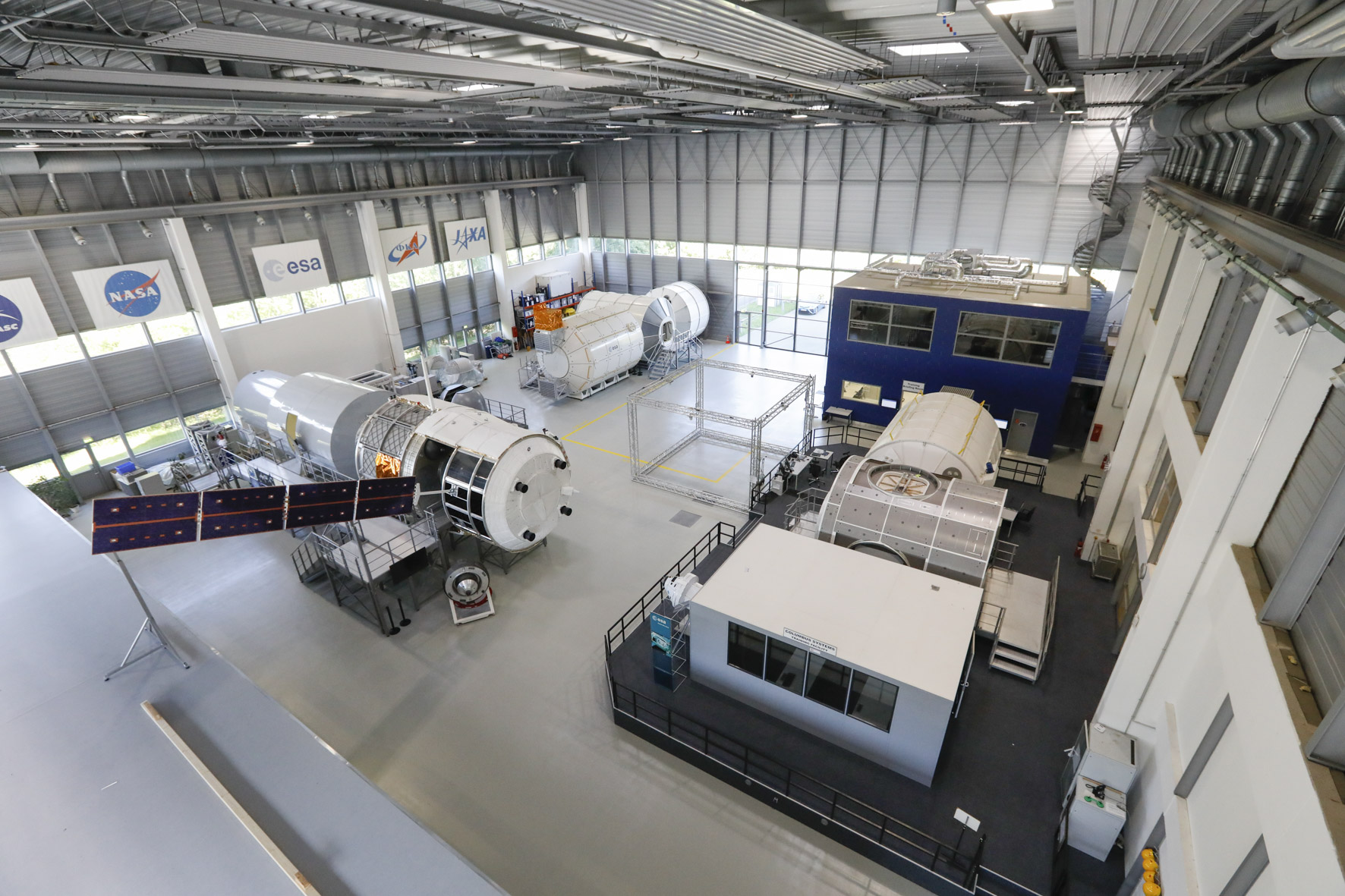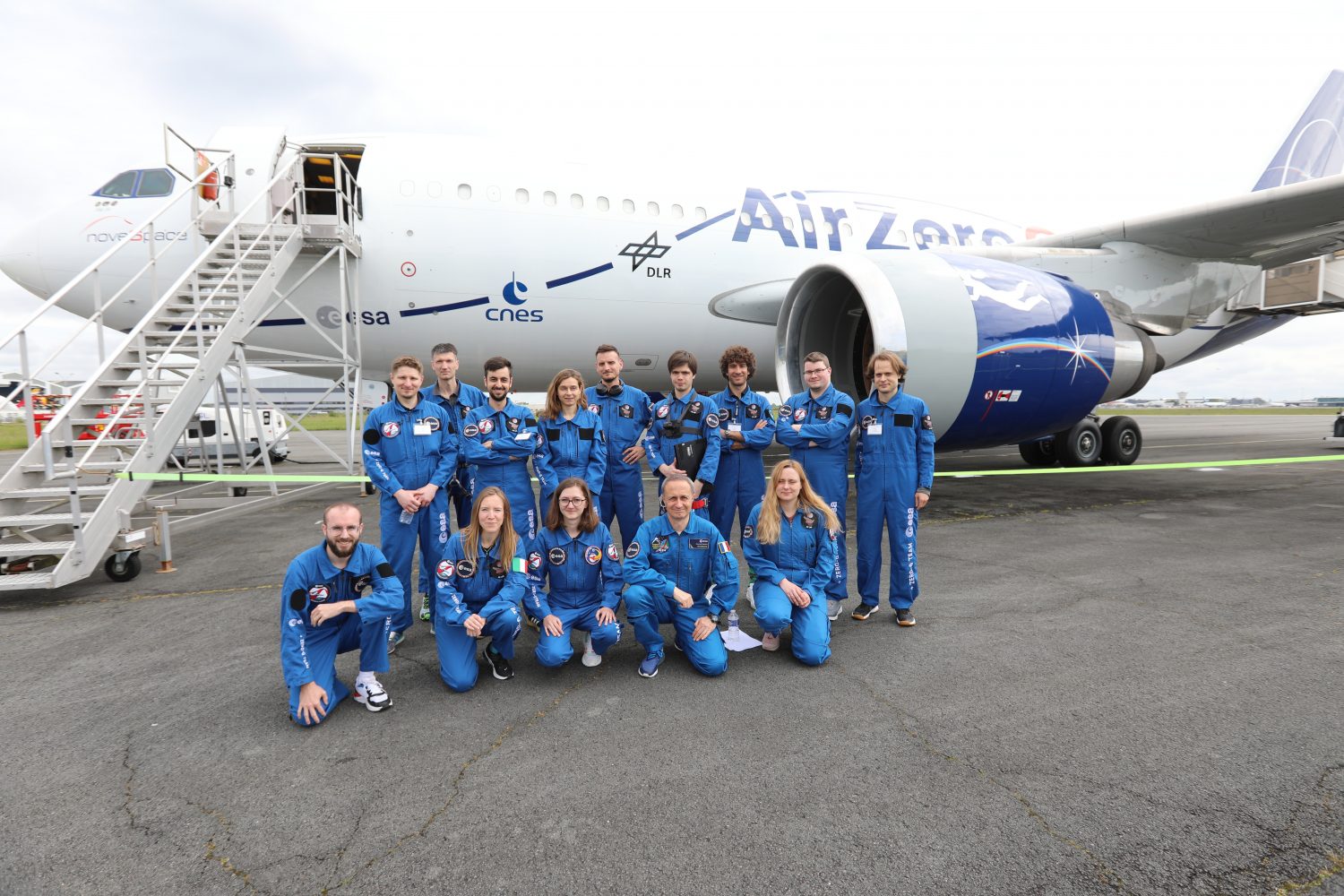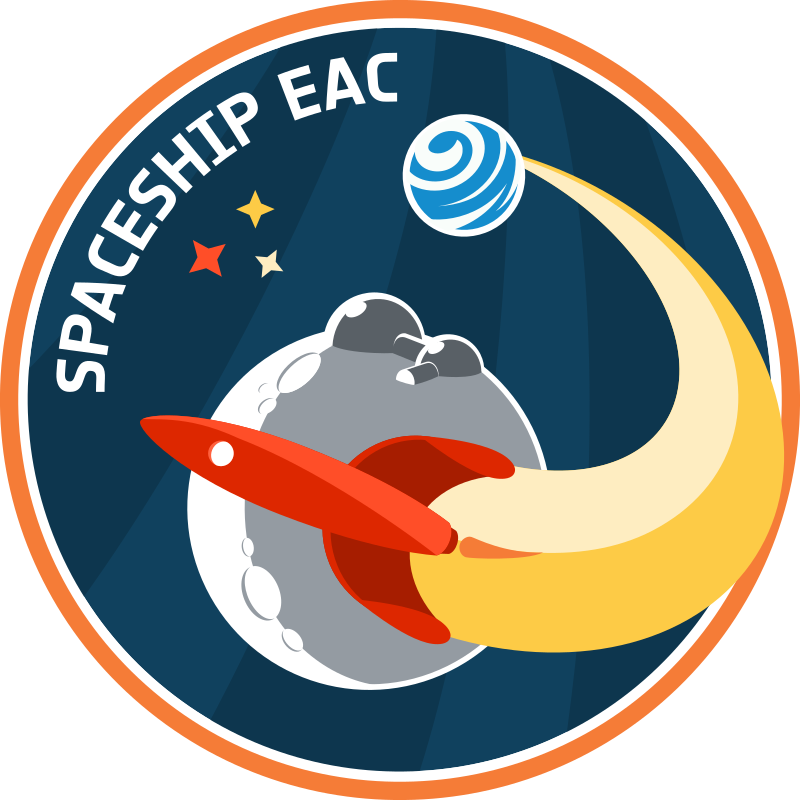
Science
(English) Human minds, robotic hands
Posted on Friday, der 1. August 2025 by Marie Deschamps
Leider ist der Eintrag nur auf English verfügbar.
Read the article

Space provides a unique environment for scientists and researchers to investigate processes and technology that could enhance life on Earth while allowing us to explore farther.


Posted on Friday, der 1. August 2025 by Marie Deschamps
Leider ist der Eintrag nur auf English verfügbar.
Read the article

Posted on Wednesday, der 23. April 2025 by Marie Deschamps
Leider ist der Eintrag nur auf English verfügbar.
Read the article

Posted on Thursday, der 17. April 2025 by Marie Deschamps
Leider ist der Eintrag nur auf English verfügbar.
Read the article

Posted on Thursday, der 10. April 2025 by Marie Deschamps
Leider ist der Eintrag nur auf English verfügbar.
Read the article

Posted on Friday, der 20. December 2024 by Laura
(English) What if artificial intelligence (AI) could make the impossible possible in space exploration? ESA’s Artificial Intelligence Lab for Human and Robotic Space Missions, is dedicated to doing just that since the beginning of 2024. By combining cutting-edge AI solutions with ESA’s ambitions for the Moon, Mars and beyond, the Lab is redefining how humans and machines collaborate to explore the cosmos.
Read the article

Posted on Friday, der 13. December 2024 by Laura
(English) Ever wondered how astronauts conduct delicate experiments in the harsh environment of space? Gloveboxes—sealed chambers equipped with built-in gloves—allow them to perform groundbreaking research without compromising safety or precision.
Read the article

Posted on Thursday, der 15. June 2023 by Laura
(English) Have you ever wondered how researchers test space equipment or conduct experiments in low gravity conditions before going to space? One way to achieve this is through parabolic flights, which offer short periods of reduced gravity. These flights started as a way to train astronauts, but now are mainly used for scientific experiments and testing new technologies.
Read the article

Posted on Tuesday, der 9. May 2023 by Laura
(English) Are you passionate about human space exploration? Do you want to be a part of something truly out of this world? Look no further – this is your chance to support a space medicine project focused on radiation protection and contribute to the challenge of exploring new frontiers.
Read the article